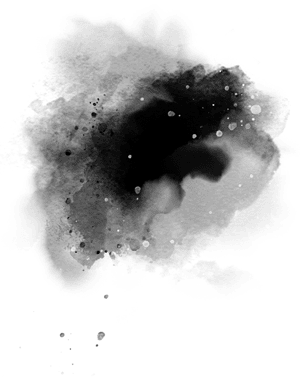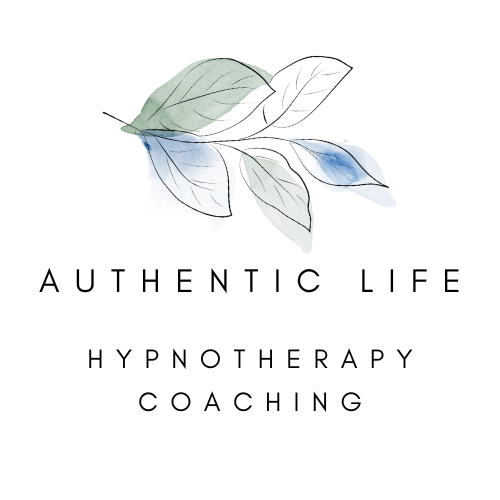
Blog
A route to peace & creativity
Do you know that feeling when you meet someone who is at peace? A quiet aura surrounds them; they are at one with the world and have no need to shout about it. Sometimes you can bathe in their energy just by being close.
I consider myself lucky because I get to immerse myself in the calm simplicity of lots of individuals who share my fascination with hypnosis. They are all unique characters, but they seem to share a commonality of having found that moniker of peace inside themselves. Out on the street, though, it’s a different matter. That’s not to say that people come to hypnotherapy because they lack peace, but at a deeper level, their bodies often display it. They’re restless.
It took me years to open my arms to peace and permit myself to remember what was already there. Life had been scratching up against me like a nail file on a blackboard: I was getting on my nerves. Impatient, irritable and quick to blame, “life should be better than this” was running through my mind like a mantra. My solution, because I didn’t know any better at the time, was to build a mask and plaster over the frustration. I maintained consistency with the nonsense of yesterday by building a wall so thick I no longer saw it. My inner reality and outer expression were at such odds that the only way to get by was to pretend it wasn’t there.
My story of finding peace is a long and meandering journey. The mask fit less and less well as it grew in weight, but yet I was unable to acknowledge it. I simply didn’t realise, I didn’t have the vocabulary at the time. It was only when the weight became unbearable that I was forced to look for solutions outside of my habitual frame of reference and make a simple but monumental decision. One tiny shift was the difference that made the difference.
So how would I define peace? A sense of security, a degree of choice in my emotions, a feeling that I am sufficient at my core and a faith that I have a place and a purpose in this world. I feel peace when I’m at one with the world, not pushing against it.
Peace also requires humility: I am grateful to all in the world that is filled with awe and inexplicability, so much larger than me. It gives me comfort that I might be completely and utterly wrong in many ways, but if so, then my thoughts are just thoughts, reflections in a pond through which I try to glimpse a reality beyond my comprehension. The universe is far more powerful than I, it’s a complex and unpredictable multi-variable system, and it can disagree with me at any moment: I have little to no control, and that’s okay.
And let’s also look at what peace is not. It is not the absence of struggle, nor is it necessarily the absence of fear. It’s not love, and it’s not certainty. It might involve faith, if faith helps you consider your ego and your assumptions about life.
Peace is about taking the slings and arrows of life in your stride and accepting that you will handle things as best you can. It’s knowing that you are just a human being with strengths and weaknesses and that it’s okay to falter along the way. It’s about being on your side, giving yourself the necessary breaks, and being OK with not truly knowing what you are, or even if that is a relevant question.
“Do I contradict myself? Very well, then I contradict myself. I am large, I contain multitudes.”
– Walt Whitman
One of the greatest human needs is to remain consistent with ourselves, so permitting yourself contradictions can be a very freeing experience. As human beings, we tend to assume that our thoughts, actions and habits follow logical rules, that they cause things to occur and that we are responsible because we must have chosen to take those actions. But we are organisms, not mechanisms, and our thoughts and actions are much less predictable than we tend to think. We are frequently dead wrong, and the consequences of our actions, in a system populated by other equally unpredictable organisms, are outside of our control. Even after years of research, it’s still fair to question what consciousness or free will even is. So given all this, what is the route to accepting ourselves, life, and the events that come our way? How do we stop beating ourselves up for our mistakes whilst also taking responsibility for what we can choose to control, namely powerful emotions like anger, frustration, fear or shame?
William James talks of once-born and twice-born individuals, suggesting that twice-born individuals are capable of true joy because they suffered until a crisis forced them to re-evaluate all that they are. It is true that people can find themselves at a critical juncture that leads to a kind of rebirth after a fall, but we need not wait for a personal crisis. We can choose to do the work beforehand.
I believe that our grip on ego is a crucial element. The illusory, dualistic sense of our differentiation, the need to be correct and to justify our own significance can drive us to take actions that we might not in other circumstances. Our ego has a need to be defended, and that’s exhausting since, in reality, we are fallible creatures capable of dark thoughts.
When we are open to our interconnectedness with everything around us, we open a wedge towards acceptance and peace. Everything (or nothing) is significant, all to some extent incomprehensible, and all connected through source. We are an indivisible part of that from which our ego seeks us to separate. When we peer behind the veil of our consciousness and question what we think we know, question even what we question, then the world and our perceptions of it open to new possibilities. We give ourselves permission to question our identity, our role, our needs and our meaning when we feel capable of doing so. Who am I? What am I? When am I?
This isn’t the same as hanging up our goals and motivations and settling for fate; ambition, hopes, and standards can all be compatible with peace, in my story at least. It’s just that the reason seems to come from a higher plane in semi-conscious communion with all that is around us. When ego and our need for significance lessens, we can trust in all, even what we do not and can not control in this massively multi-variable universe. Paradoxically in that moment, we can trust ourselves more. And delightfully, we become more authentic and congruent the moment we have nothing to prove. As someone said to me recently, the one who cares the least holds all the power. When we own our flaws and are okay with them being exposed, when we know what we are and what we might aspire to be but can also laugh at ourselves, then we care less about defending our rightness, and inner peace is in sight.
Without the need to justify our ego, we can shape out our inner world and accept our emotions as the messengers they are, without judgement: no more good or bad emotions, no need to rush towards or away from ourselves. Making friends with our dark side brings huge benefits in energetic well-being. It allows us to lean into our shame and to listen fearlessly with curiosity, even if a protective voice inside might feel that, at our core, we are corrupted.
Because it’s all just a story concocted by our ego. When we gaze upon our shame, own it, name it, question its sources and take responsibility for our relationship with it, we offer a hand to peace. We can look into our fears with interest and wonder, letting them give us their best shot so that we can learn. In considering and allowing ourselves to be what we are, instead of putting our energies into projecting something more impressive but alien, we align, find ourselves, or perhaps (as happened to me) remember ourselves. In acknowledging what we are, paradoxically, we become less self-centred. There’s less need for a mask, and often we become better people. It feels like coming home.
“One does not become enlightened by imagining figures of light but by making the darkness conscious.”
— Carl Jung

Recent Comments